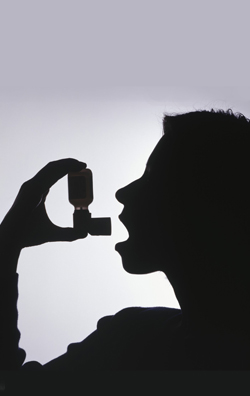
Excessive costs continue to be a significant hindrance in developing nations around the world for each completely new HIV medication as well as essential supportive treatment such as virus load tests, summarize 2 latest reviews by the global healthcare foundation Medicines Sans Frontieres (MSF).
The discoveries were introduced in the course of the latest Worldwide AIDS Seminar 2014 in Melbourne, Australia.
Even though first- as well as the majority of second-line treatment have grown to be more affordable within the last one year, second-line treatment continue to be a lot more than twice the price of first-line treatment method, based on MSF’s yearly medication cost report.
‘There are thousands of people without the means to access cure, many people of these on cure have to be changed to more sophisticated procedures,’ highlighted Leena Menghaney, administrator of MSF’s Access Campaign in India.
‘If we are now to have more individuals on therapy right now, nations have to get over patent restrictions that challenge inexpensive accessibility to medications.’
As per MSF, a lot more HIV-positive individuals are required to be accessed not merely with an effective therapy in eliminating the viral strain, but additionally with extra tools – such as frequent virus load tracking – to make certain the finest quality of treatment.
‘Viral load surveillance identifies adherence issues early on which, when combined with guidance as well as assistance, might help individuals remain on more economical first-line cure for more time,’ described Cohn. Hence, nations around the world ought to take robust steps to render these kinds of important equipment more economical.
Nevertheless, one more brand new MSF article ‘Getting to Undetectable’ which explains the means to access virus load checking in India, Kenya, Malawi, South Africa together with Zimbabwe, shows that, among additional obstacles, the cost per evaluation is a major issue.
The insider report has recommended just how nations around the world could reduce the expenses of the inception of these medical tests, chooses cost bargaining together with, hiring those devices as opposed to purchasing these.
Furthermore, sensible measures ought to be taken into consideration just like swapping the prevalent, however, much less precise CD4 tracking, with additional economical sample collection methods.
In some nations achievements can be viewed currently; discussions have contributed towards cost declines for virus load surveillance, with Kenyans spending around US$10 per evaluation. Donations nevertheless, are urgently required to give funding for executing viral load tests in those places that require it more.





